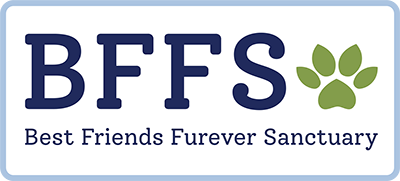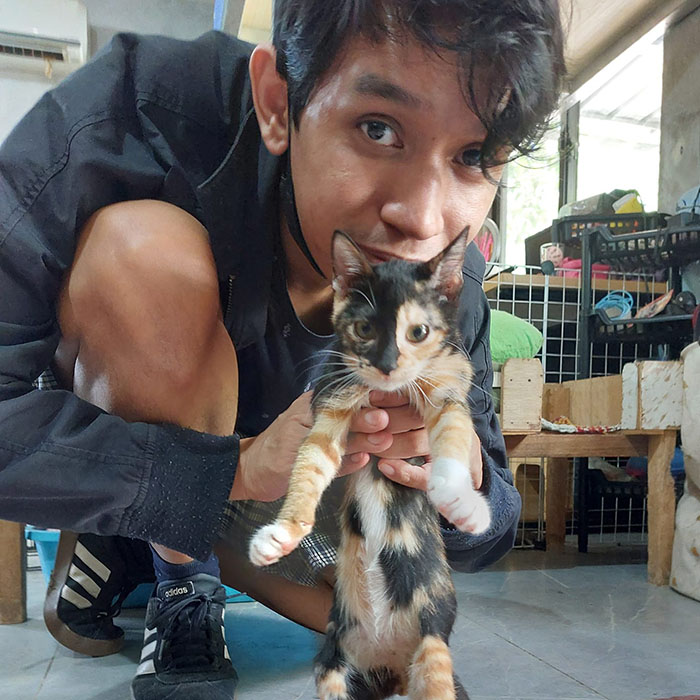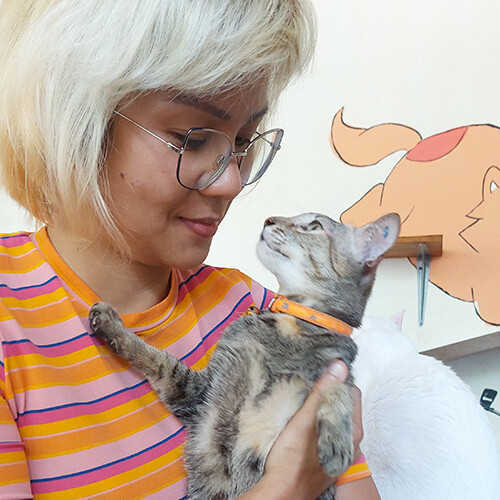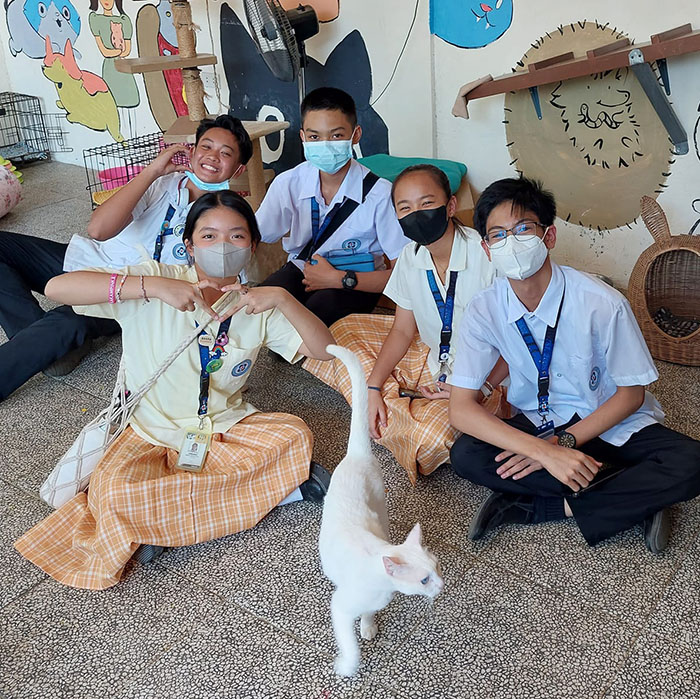What is Chronic Gingivostomatitis (CGS)
Chronic gingivostomatitis is marked by severe inflammation of the gums and the tissue that lines the oral cavity. Cats that are infected with CGS experience pain and are at risk of developing complications. That is why this condition needs to be promptly addressed.
It is common for cats infected with CGS to stop eating abruptly. When they do attempt to eat, they do so with great difficulty. You may notice some drooling and even a foul odour coming out of your cat’s mouth. You will also observe them grooming themselves less.
With proper guidance from your vet, there are ways to effectively manage their condition.
Treatment of Chronic Gingivostomatitis (CGS)
- Cats with CGS typically respond well to medication, although they may not be completely cured. Your vet may prescribe cycles of anti-inflammatory medication and antibiotics to reduce oral bacterial populations.
- Even if their teeth are healthy, removing some or all of them may also be necessary to keep food, plaque, and germs from accumulating in their crevices. In fact, many cats with CGS had dramatically improved their quality of life after all of their teeth were extracted.
Management of Chronic Gingivostomatitis (CGS)
- If your cat has tender gums, they may need to be transitioned to a soft diet to reduce the pressure and friction from eating hard kibble.
- If there is an allergic component to your cat’s oral inflammation, you may want to consider a hypoallergenic diet.
- Stress could be a huge contributing factor in their CGS flare-ups. Provide a safe space for your cat to help them escape from stressful situations such as house guests, the introduction of a new pet, noisy surroundings (e.g. exposure to fireworks, loud music, etc.) and other similar triggers. You may also ask your vet about pheromone therapy such as “Feliway” to help alleviate your cat’s nervousness.
- Find a vet that you trust to help you look after your cat long-term. A vet who is familiar with your cat’s medical history will help you and your pet navigate this condition more easily.
A Reminder About CGS
Remember that Chronic Gingivostomatitis is completely manageable and your cat can still live a happy, pain-free life.





